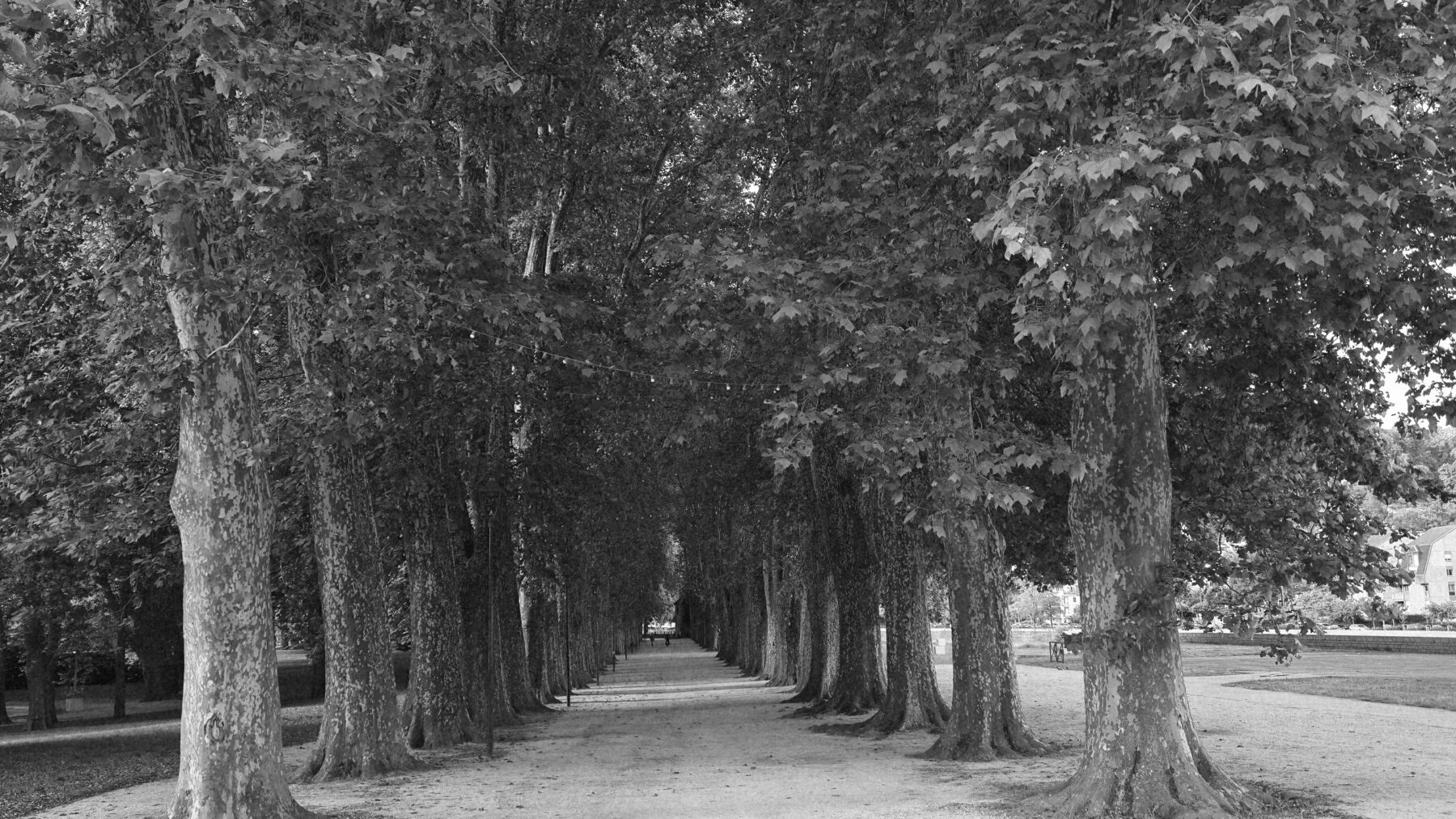In The Rebel, Camus asks the questions of violence and murder; their possibilities, impossibilities, and limits, and their paradoxicality, necessity, and conditions against the backdrop of the absurd, its reasoning, lucidity, and warning against nihilism and all the traces and residues of religiosity still grounding and pervading thinking-philosophizing after the death of God.
As in all Camus’s writings, absurd reasoning is placed over against residues of religiosity; lucidity is placed over against all attempts at covering over; being in the present is placed over against escapism toward any beyond; an acknowledgment of our limits and limitedness is placed over against all calling upon and turning toward the transcendent; futility is placed over against irrationality; the silence of the world is placed over against all promising and hoping.
The Non-simplicity of the Questions of Violence and Murder
Yet that which renders The Rebel different and distant from all Camus’s other writings is the non-simplicity of the question of violence; that is to say, its refusal of the clarity pertaining to oppositions and oppositional thinking. For it is what brings into each other and thereby suspends all the oppositions grounding Camus’s existential thinking-philosophizing.
Although violence is turned to, justified, and rendered possible in all the thinking against which Camus constantly argues, writes, and philosophizes, its inevitability for rebellion suspends, even momentarily, the boundaries separating his version of existentialism from that against which it argues and thinks.
The question of violence challenges and disrupts the rebel’s being. For rebellion is paradoxical; it often demands violence, lying, and injustice in its fight against oppression. The rebel, says Camus, “cannot, therefore, absolutely claim not to kill or lie, without renouncing his rebellion and accepting, once and for all, evil and murder.”
In other words, rebellion is against oppression because if it is not against it, it is then together with it, close to it in thinking, and in agreement with its ways. But this againstness is limited by nothing and, as a result, contains within itself and makes necessary the possibility of murder, that is, death, which is that against which rebellion is sustained and unfolds.
That is to say, rebellion ends up carrying out what it essentially refuses, which is the negating of life. For rebellion is not only the coming together of a people, but rather the coming together of a people in a struggle against the negation of life, that is, death, which is the most absurd absurdity.
But how can rebellion, which is essentially a struggle against absurdity, end up carrying out the most fundamental absurdity? How can rebellion end up negating life despite facilitating and making possible a coming together of a people around an essential refusal of death?
The killing of any Other, of any oppressive Other, undoes that because of which the coming together of a people occurred in the first place, which is the refusal of death. Yet to not murder is to belong together with the oppressor; to not murder is to risk leaving oppression unchallenged. How is death that which makes rebellion possible and impossible?
The Rebel Against the Backdrop of the Absurd
The non-simplicity of the question of violence is thought in The Rebel against the backdrop of Camus’s version of existentialism, which emerges from the realization that the human condition is absurd and the argument that any attempt at overcoming this absurdity immediately delivers us over to the domain of religion, its hoping, and promising.
Camus warns against all forms of hoping and promising and says that even if they claim that they are irreligious, they remain within the extent first opened up by religion in their turning toward a specific beyond, what is beyond the here and now of our existence, what is beyond our present world. In other words, hoping and promising are another religion.
Camus says that “the rebel obstinately confronts a world condemned to death and the impenetrable obscurity of the human condition with his demand for life and absolute clarity. He is seeking, without knowing it, a moral philosophy or a religion”.
The choice is either to accept Nietzsche’s word, that is, Godlessness, or to refuse the present, its conditions, and possibilities. It is either to exist, think, and philosophize in accordance with the futility shaping the human condition or to turn toward a justice yet to come, a justice that is total and whole, belonging to a specific beyond.
But Godlessness, despite its holding sway, does not mean the end of religion, according to Camus: “Then the only kingdom that is opposed to the kingdom of grace must be founded, namely, the kingdom of justice and the human community must be reunited among the debris of the fallen City of God. To kill God and to build a church are the constant and contradictory purpose of rebellion”.
In other words, religion escapes back into the thinking originally emerging from the death of God in the sense that Godlessness does not mean the end of religion but perhaps its continuation in different forms.
Rebellion is therefore in constant need of thinking its limits, despite having no limits, which is a further sign of the non-simplicity lying at the heart of the rebel’s being. Camus says that “when the throne of God is overturned, the rebel realizes that it is now his own responsibility to create the justice, the order, and the unity that he sought in vain within his own condition, and in this way to justify the fall of God. Then begins the desperate effort to create, at the price of crime and murder if necessary, the dominion of man”. But what remains of justice if rebellion abandons this effort?
Fore more articles on Camus’s existentialism, visit this webpage.

